EPDM vs. TPO Roofing: Pros and Cons for Iowa Businesses
EPDM vs. TPO Roofing: Pros and Cons
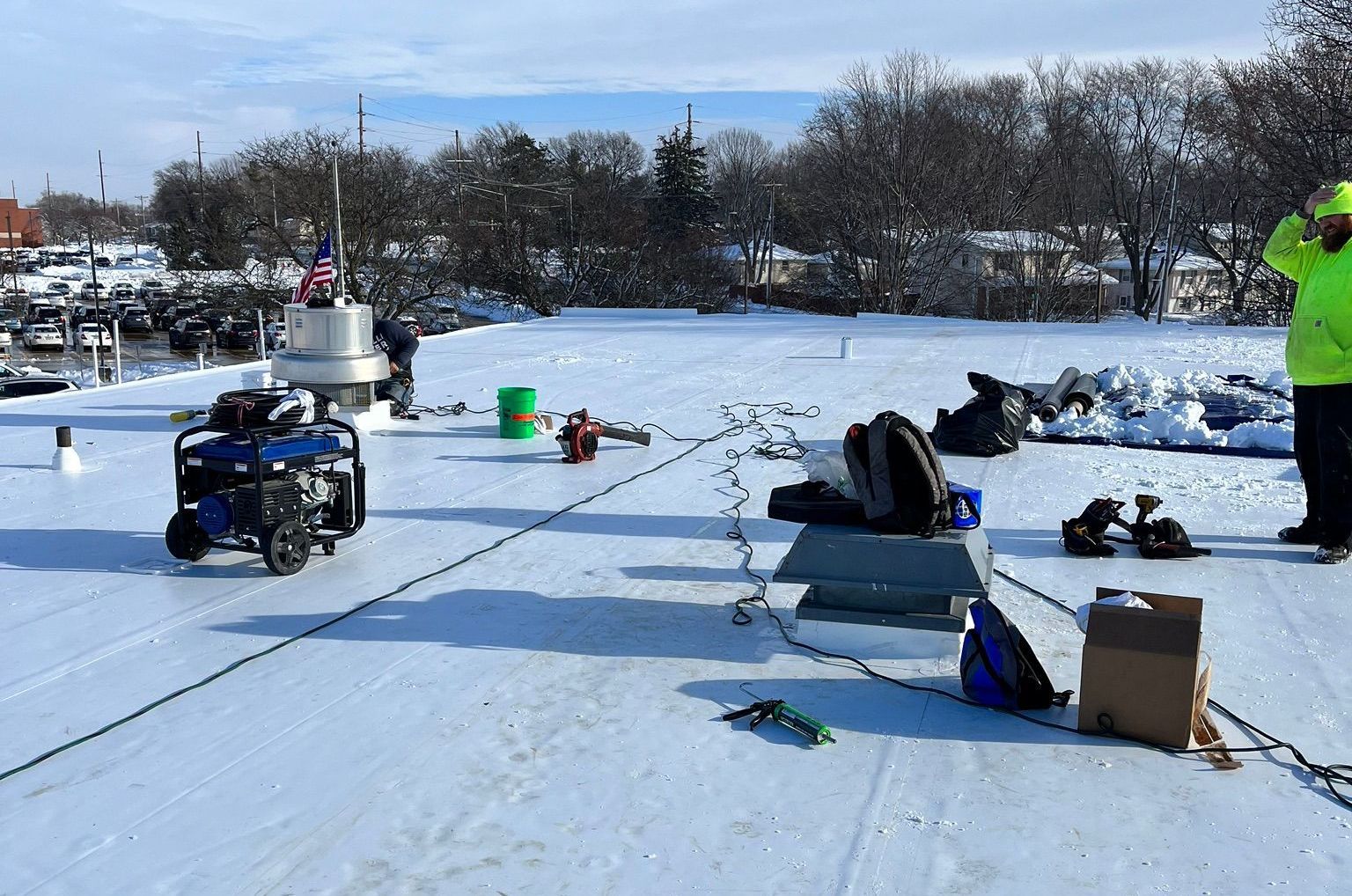
When it comes to selecting the right roofing material for commercial buildings in Iowa, business owners often find themselves deciding between two popular options: EPDM (Ethylene Propylene Diene Monomer) and TPO (Thermoplastic Olefin). Both materials have their unique advantages and disadvantages, making them suitable for different needs and preferences. In this blog, we'll explore the pros and cons of EPDM and TPO roofing to help you make an informed decision for your commercial property in the West Des Moines, IA area.
Understanding EPDM Roofing
Pros of EPDM Roofing
1. **Durability**: EPDM roofs are known for their exceptional durability, often lasting 20-30 years with proper maintenance. Their resistance to UV radiation and ozone makes them ideal for the varying weather conditions in Iowa.
2. **Flexibility**: EPDM's flexibility allows it to withstand extreme temperatures, which is crucial for Iowa's hot summers and cold winters.
3. **Ease of Installation and Repair**: EPDM is relatively easy to install and repair, making it a cost-effective option for many commercial properties.
4. **Cost-Effective**: Generally, EPDM is less expensive than TPO, making it an attractive choice for budget-conscious business owners.
5. **Environmentally Friendly**: EPDM is recyclable and has a lower environmental impact compared to some other roofing materials.
Cons of EPDM Roofing
1. **Aesthetics**: EPDM is typically available in black, which can absorb heat and increase cooling costs during Iowa's hot summers.
2. **Seam Integrity**: The seams of EPDM roofs can be a weak point, potentially leading to leaks if not properly maintained.
3. **Puncture Susceptibility**: EPDM can be more susceptible to punctures and tears, especially if there's frequent foot traffic or if debris accumulates on the roof.
Understanding TPO Roofing
Pros of TPO Roofing
1. **Energy Efficiency**: TPO roofs are highly reflective and can significantly reduce cooling costs during Iowa's hot summers. They are often ENERGY STAR® rated.
2. **Durability**: TPO roofs are resistant to punctures, tears, and impact damage, making them suitable for buildings with high foot traffic or potential debris.
3. **Wide Color Range**: Unlike EPDM, TPO is available in various colors, including white, which can enhance the building's aesthetic appeal and further improve energy efficiency.
4. **Seam Strength**: TPO seams are heat-welded, creating a strong, watertight bond that reduces the risk of leaks.
5. **Chemical Resistance**: TPO is resistant to chemicals, oils, and fats, making it an excellent choice for buildings exposed to such substances.
Cons of TPO Roofing
1. **Cost**: TPO tends to be more expensive than EPDM, which may not be suitable for all budgets.
2. **Heat Sensitivity**: While TPO is durable, its seams can be sensitive to extreme heat during installation, requiring experienced contractors to ensure proper welding.
3. **Longevity**: Although TPO roofs are durable, they haven't been around as long as EPDM, so there is less long-term performance data available.
Which Roofing Material is Best for Your Iowa Business?
Choosing between EPDM and TPO roofing for your commercial property in the West Des Moines, IA area, depends on your specific needs and priorities. If you prioritize cost-effectiveness and flexibility, EPDM might be the best choice. However, if energy efficiency, aesthetics, and seam strength are your main concerns, TPO could be the better option.
At Right Roofing & Siding Inc., we specialize in both EPDM and TPO roofing installations, repairs, and maintenance. We also install PVC roofing systems which are great for manufacturing & restaurant buildings because of the resistance to chemicals and grease. Check back on future blogs on additional benefits of PVC roofing systems.
Our experienced team can help you evaluate your options and choose the roofing solution that best meets your needs. Contact us today for a free consultation and let us help you protect your investment with the right roofing system.

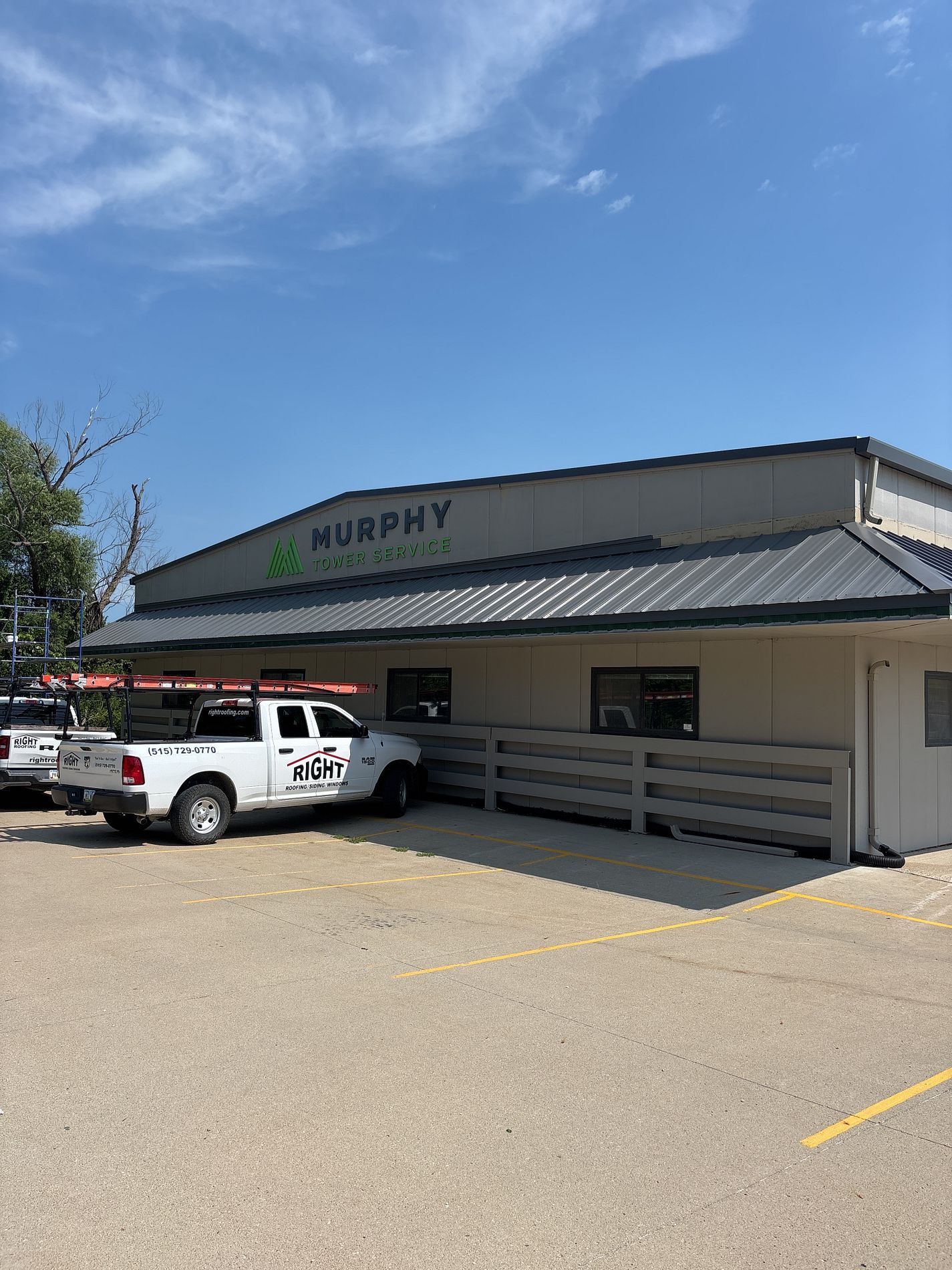
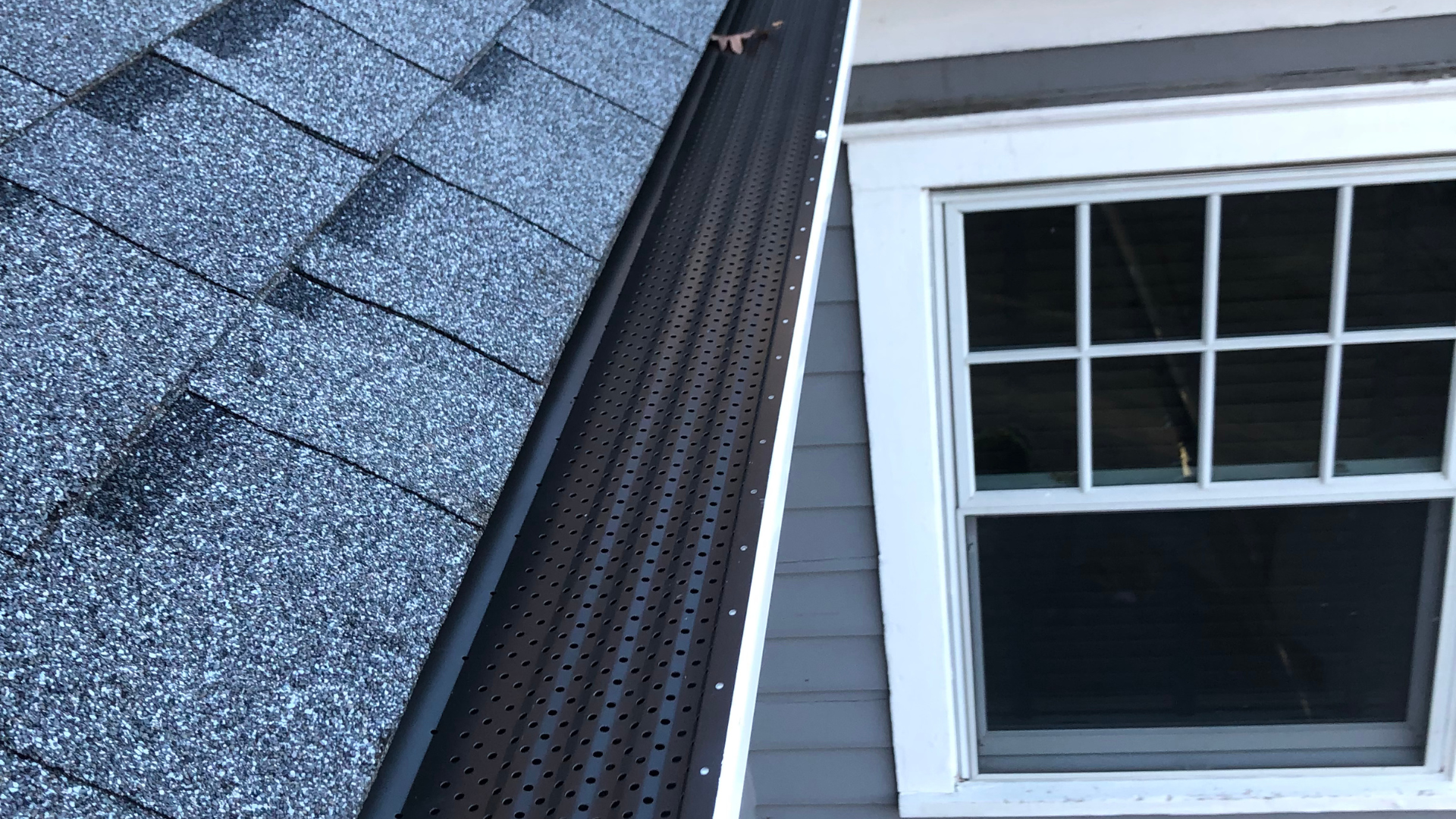
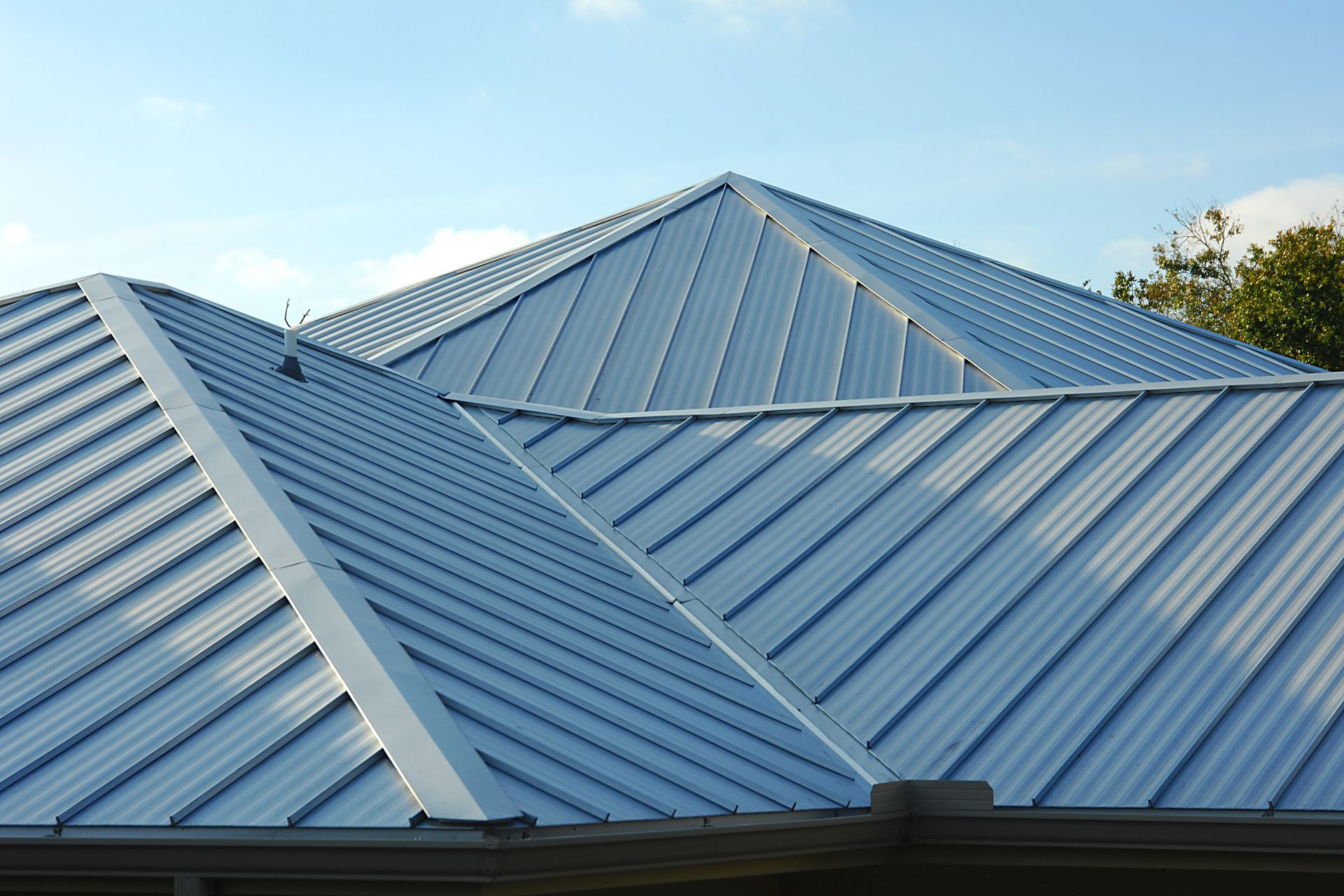
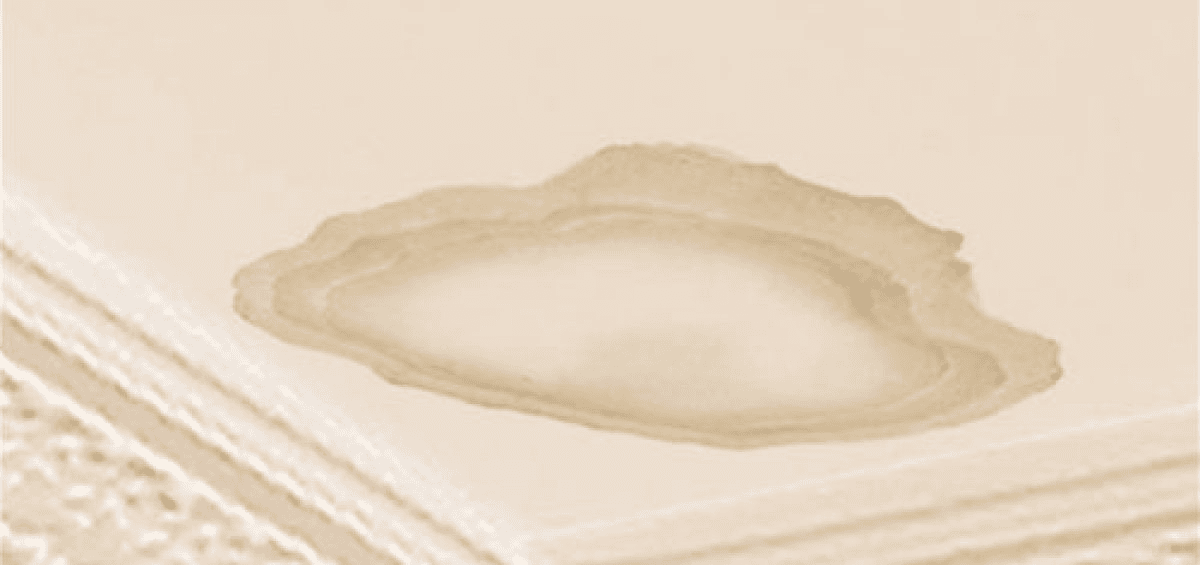
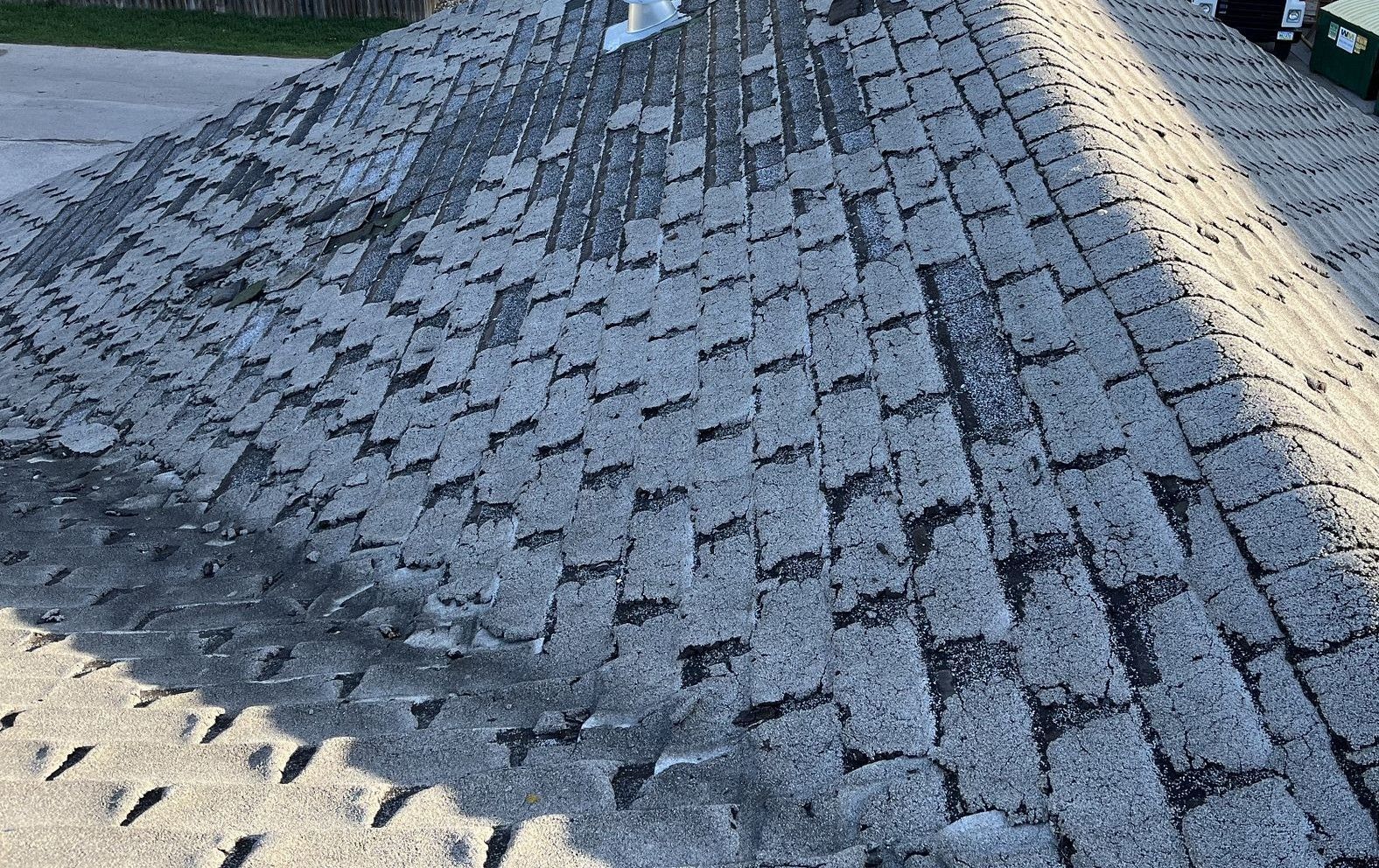
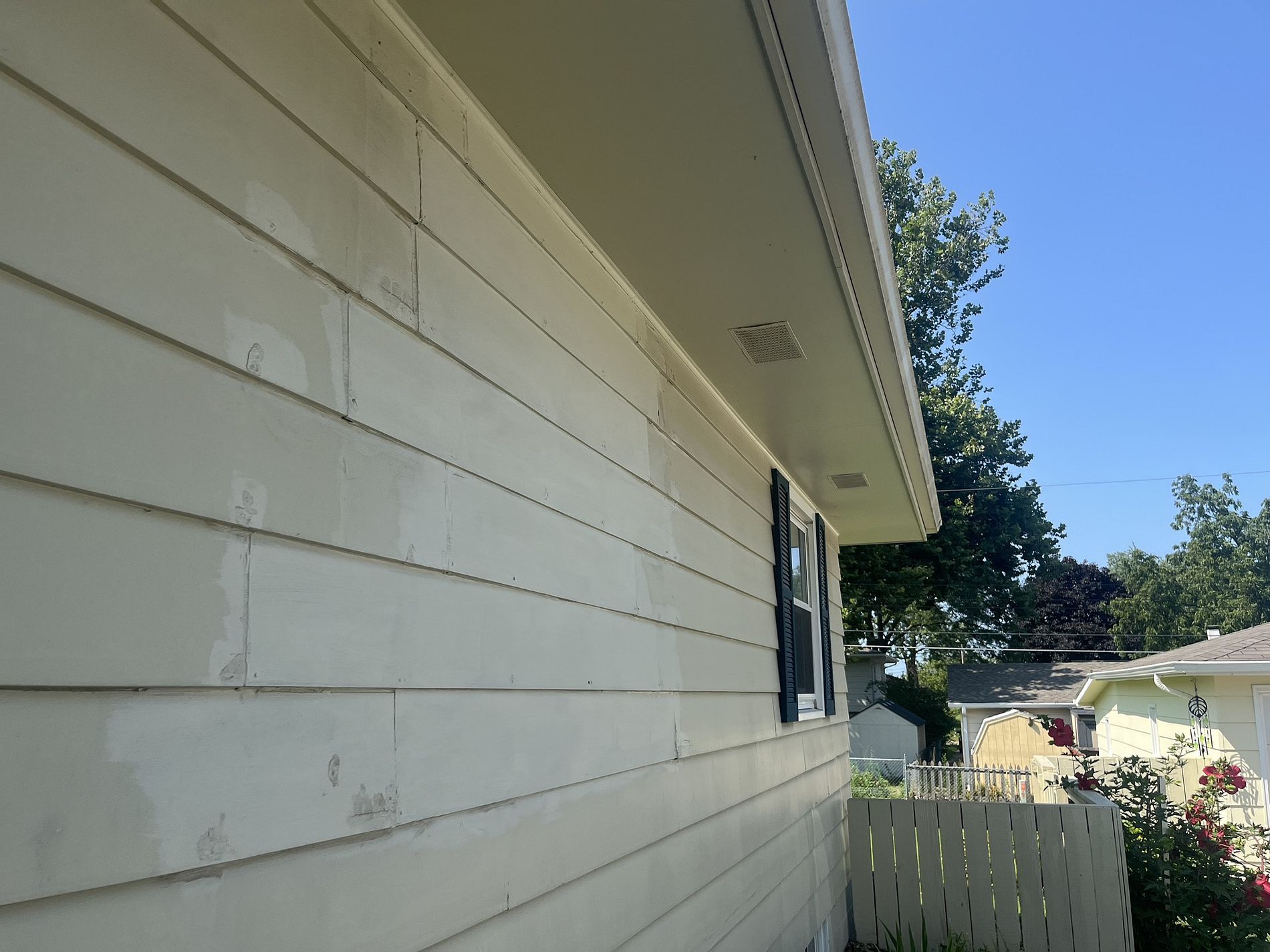
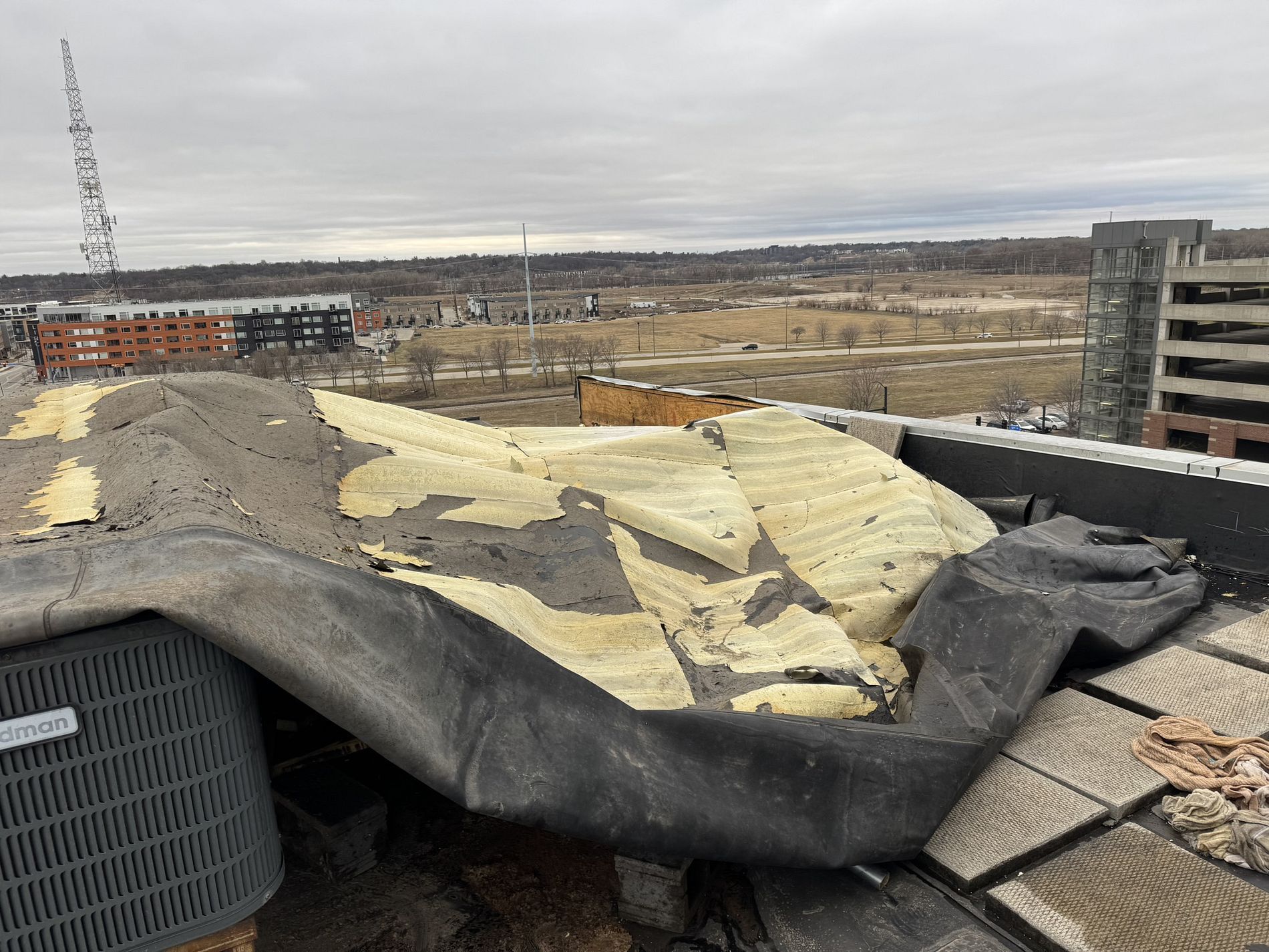
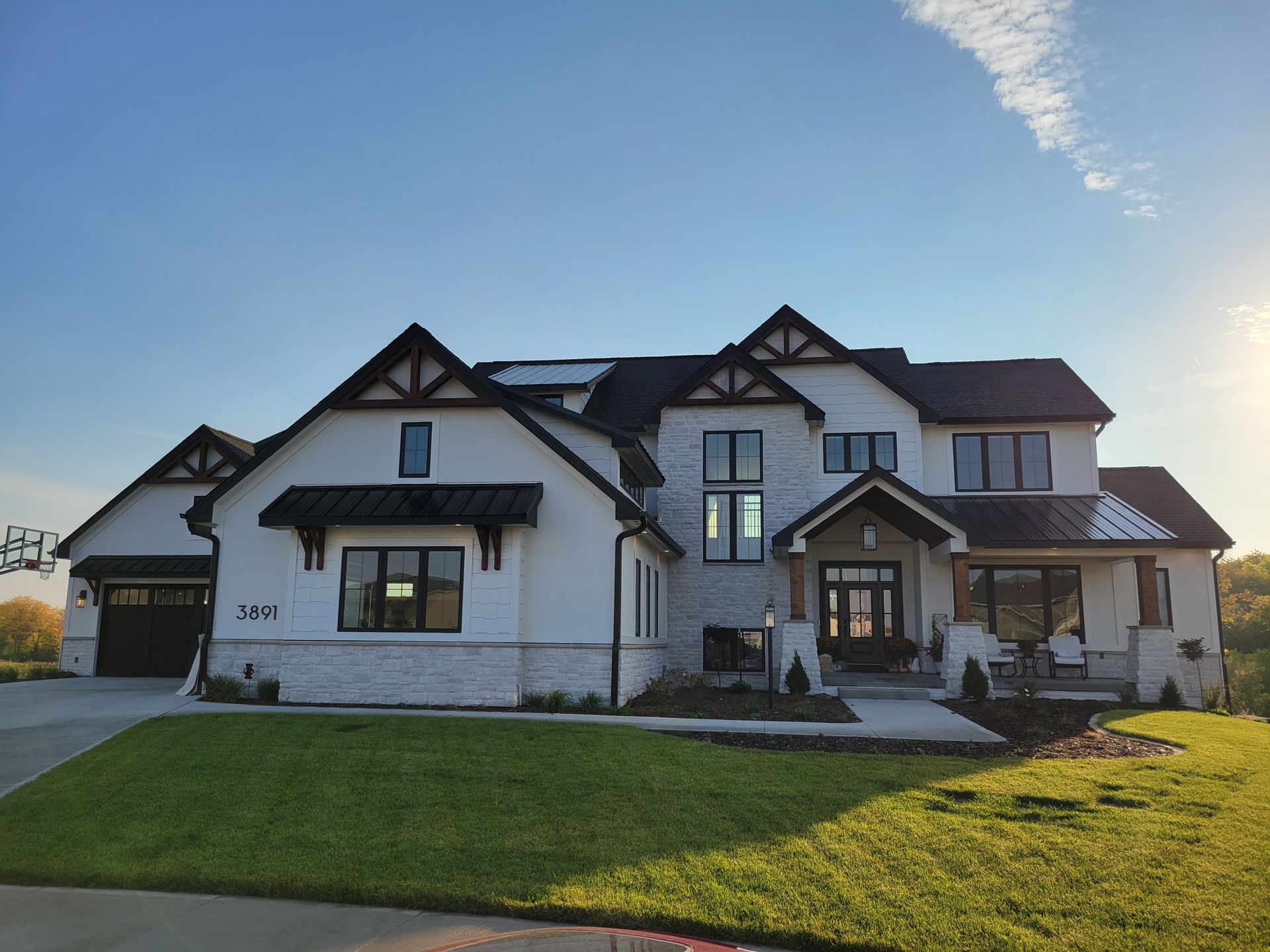

Share On: